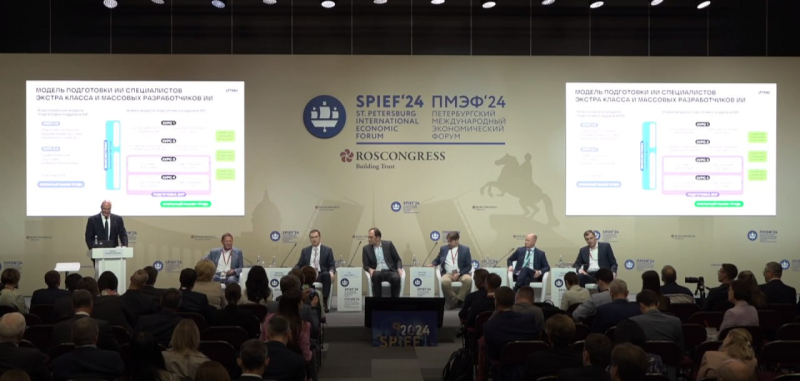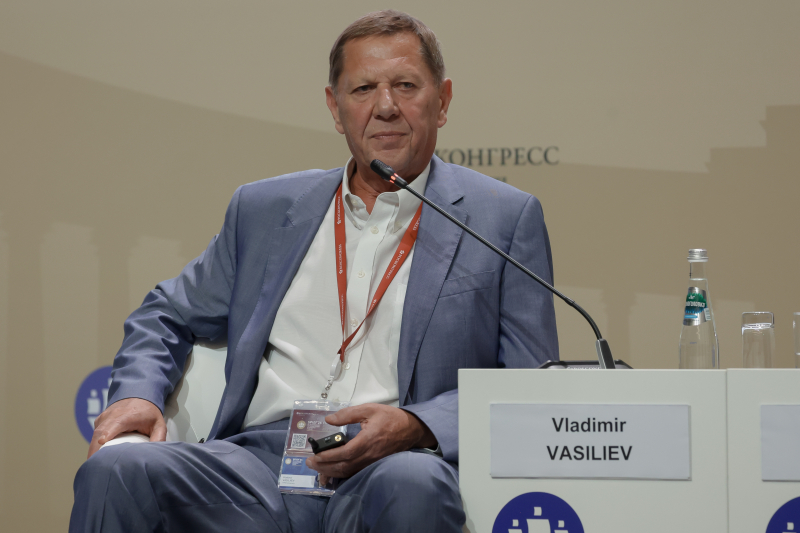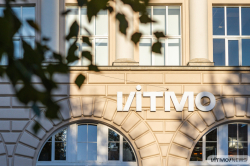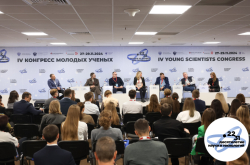11.2 trillion rubles – this is the economic impact expected from the introduction of AI-based tech and products by 2030. This target is outlined in the National AI Development Strategy. Such a result cannot be achieved without quality staff, and that includes niche specialists at research centers as well as developers working in the industry. According to Dmitry Chernyshenko, a Deputy Prime Minister of the Russian Government, in order to maintain the current level of competitive ability the country requires some 15-16 thousand specialists of various types.
According to ITMO University Rector Vladimir Vasilyev, such specialists cannot be taught through the traditional models used over the past decades. New approaches are needed, especially where it comes to training R&D staff. One potential solution is a role-based competency model designed in close collaboration with businesses. Within such a system, specialists wouldn’t be separated into tentative categories, but rather defined by their specific roles and the corresponding competencies.
For instance, if we were to talk about training top-tier specialists (that is, those involved in research and development), it’s crucial to highlight that their educational programs must include comprehensive mathematical education – and yet, they must also know how to implement their solutions as software code. Another example concerns product developers, who would require a whole other set of competencies.
At the session Artificial Intelligence: New Opportunities or Missed Profits? of SPIEF 2024
Such training can be provided by leading universities that have already shown tenable results in the field of AI. Last year, the first-ever ranking of Russian universities by the quality of their AI-focused training was released. The list was put together by AI Alliance according to a methodology approved by the Russian Ministry of Science and Higher Education. Its leaders are ITMO University, MIPT, and the Higher School of Economics. In addition, there are currently more than 10 AI research centers operating at universities around the country – these make up the backbone of the training system for AI specialists. But for a systemic approach, efforts must be united.
“The training system for AI specialists must come from the top universities with accomplished research centers. In their first year, Bachelor’s students should already be writing software code based on papers from A* conferences. We need one universal educational program, developed in close collaboration with industry leaders. And, of course, it’s important to provide academic and physical mobility between universities, lecturers, and students,” emphasized Vladimir Vasilyev.
The session Artificial Intelligence: New Opportunities or Missed Profits? took place on June 6 as part of SPIEF’s business program. The discussion also featured: Arutyun Avetisyan, the director of Ivannikov Institute for System Programming of the RAS; Alexander Vedyakhin, the First Deputy Chairman at Sberbank; Kirill Dmitriev, the CEO of the Russian Direct Investment Fund (RDIF); Alexander Krainov, the Director for Development of AI Technologies at Yandex; Vasiliy Nomokonov, the executive director at SIBUR; and Ivan Oseledets, the CEO of Artificial Intelligence Research Institute (AIRI).
SPIEF 2024 began on June 5. According to the organizers, it has welcomed representatives of more than 136 countries and regions; the forum’s business program includes more than 300 events.





